Friendship Advice
How to Handle Jealousy in Friendships
Published
1 year agoon

Feeling jealous is a common occurrence due to the presence of someone or something that you perceive can rather easily get in between you and someone you love too much. Even with people you call your friends, jealousy might be the result of insecurity and feelings of being threatened. Given how strong of an emotion jealousy can be, it isn’t easy to let it go and often times it makes people behave in a way that feels right at the moment but is hurtful to their friendships in the long run.
It is nothing abnormal to feel jealous in the context of a friendship, particularly where such a friendship is very close. However, feelings are natural; it is how you respond to the feelings and the thoughts that follow them that will determine the extent of the illusion along with how long it will last and the effect it will have on the friendship you share.
These following points will help you in fighting (if you haven’t already) jealousy and avoid it from coming between you and your friend:
1. Accept Your Thoughts and Feelings of Jealousy
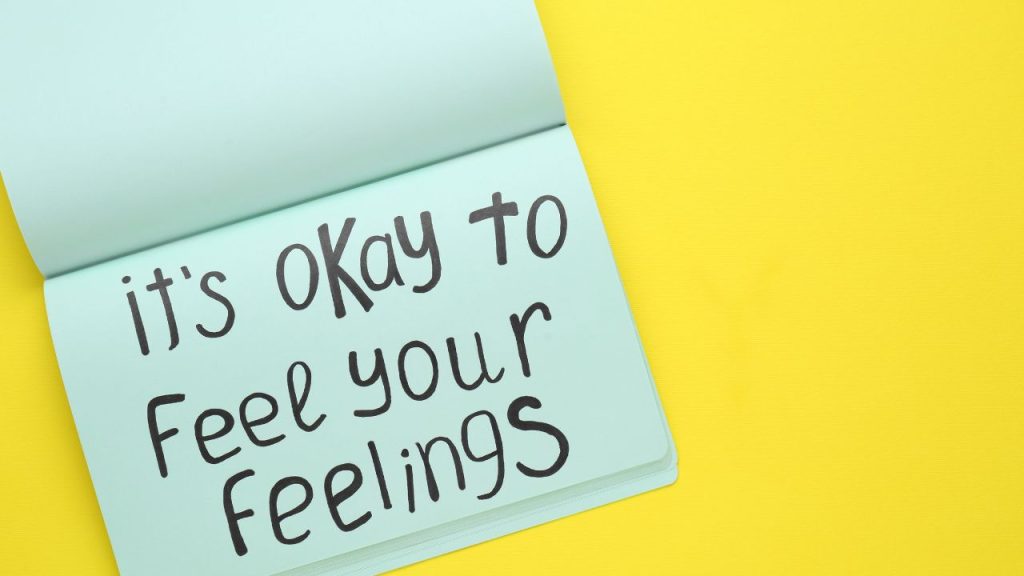
As one might expect, putting effort into attempting to stop, overturn, or ignore a thought or a feeling that one regards as adverse does not often succeed due to its infrequency. These attempts can lead to feelings of frustration, fatigue, or aggravation. Self-attribution of jealousy can also actuate additional negative emotions such as shame or anger.
Being angry or feeling the pangs of jealousy, among other things, are difficult emotions to deal with, but a greater willingness to sit with each of these feelings is the best way to transcend them.
In fact, individuals who exhibit such acceptance of their negative feelings appear to be able to work past them quite easily. Remembering UCLA Conference interdisciplinary social psychology department’s statements regarding emotions, whenever you feel envy, try to recall that such feelings are normal, acceptable and quite justifying rather than resenting them.
2. Do Not Nurture The Feeling of Jealousy

Jealousy does take form and gets bigger through a bad habit such as rumination which itself can evoke actions or words that would form regret later. As it is for the most part normal, Jealousy becomes even more pronounced as people engage in repetitive cycles of anger, and negative, or jealous thoughts. Those thoughts erode your self-esteem, increase the toxic feeling, and defeat it in the end.
In this regard, several feelings can trigger jealousy:
- Comparison with a colleague or a friend.
- Thinking too much about your flaws or other shortcomings.
- Thinking that your best friend might be more attracted to others.
- Constantly rehearsing for possible confrontations with friends.
- Being too judgmental towards a friend’s other friends.
When such thoughts come to your mind, try to divert your focus onto different parts of your body, the environment around or simply use the 5 senses. These are some of the uncomplicated and natural thoughts aimed at mindfulness which can cut across the thought repetition cycle enabling one to remain calm.
3. Understand What is Causing the Jealousy

Jealousy, as such, is usually associated with some fears and insecurities, be it those concerning you or the friendship itself. Thus, finding these out will provide answers as to the source of your jealousy and specifically why it manifests in that circumstance.
Some examples of common underlying issues that demand jealousy include:
- Fears of replacement
- Fears of loss or abandonment
- Fears of betrayal or harm
- Insecurity regarding the bond between the two of you
- Feelings of unworthiness or unloveliness, or being ’less than’
- Feelings of lack of importance or consideration from a friend
- Fears of losing intimacy or trust
In most cases, it is these insecurities that have more to do with your self-view or feelings about a friendship, as opposed to what opinions a friend has. Sometimes, the expression of these fears is due more to feelings concerning past acts of infidelity or betrayal in other friendships than with the current one.
Where jealousy arises from issues in the past or insecurities within oneself, it may require an improvement in one’s self-image or dealing with other insecurities in order to move past such feelings.
4. Separate Real and Imaginary Threats
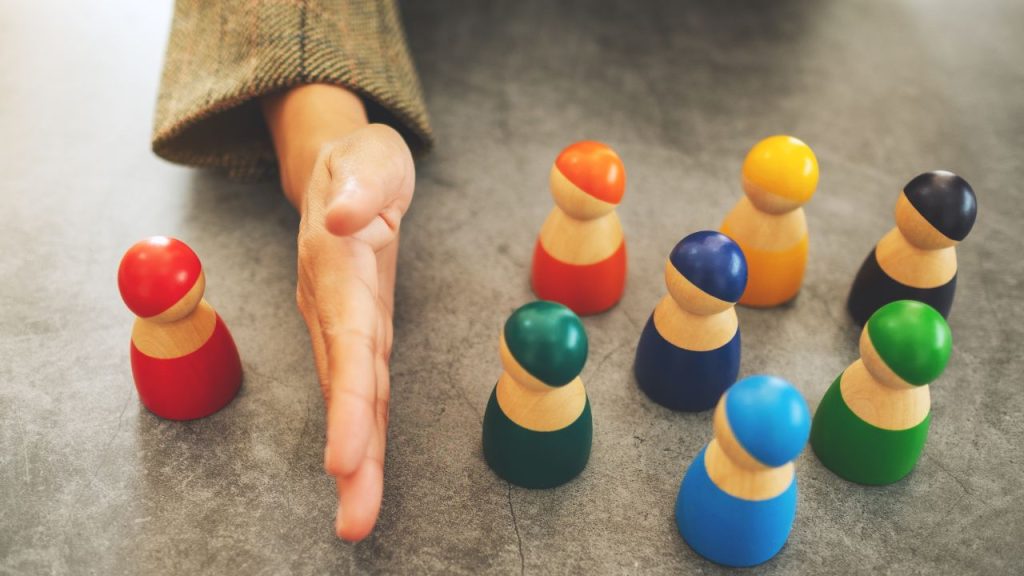
There are times when jealousy is a natural reaction to threats that are real. In other instances, the threat is imaginary. Real threats, however, may also point to an underlying trust problem or contention in your relationship with your friend and it could be necessary to face the friend and sort it out. Imaginary threats, on the other hand, are different; these are most about yourself and your insecurities and most of the time, are best dealt with by yourself.
Among the things to ask oneself when determining whether the threat is genuine or not include the following:
- What is it that feels threatening?
- Is there a reason to think this is a threat to me or my friendship?
- What evidence do I have that this is a threat?
- What part do my fears and insecurities have in this whole problem?
- Would an outsider support my views on the issue?
5. Control Your Emotions

Jealousy can sometimes make you act or say things that are harmful to your friendship. It is the moments of strongest feelings that tempt one to say or do something hurtful, so you should always learn how to cool down your head and face the thunder.
Such techniques can help you prepare for such a situation where you may be able to have a resolution with a friend calmly. However, they may also be used to contend with your jealous feelings on your own:
- Breathe in deeply and slowly and picture yourself relieving stress as you breathe out.
- Focus on one or more of your five senses to shift your focus elsewhere.
- Vent out your feelings in a journal or to a confidante over the issues at hand.
- Take a break and wait for the storm to pass before you make a call or meet that friend.
6. Develop a Positive Attitude
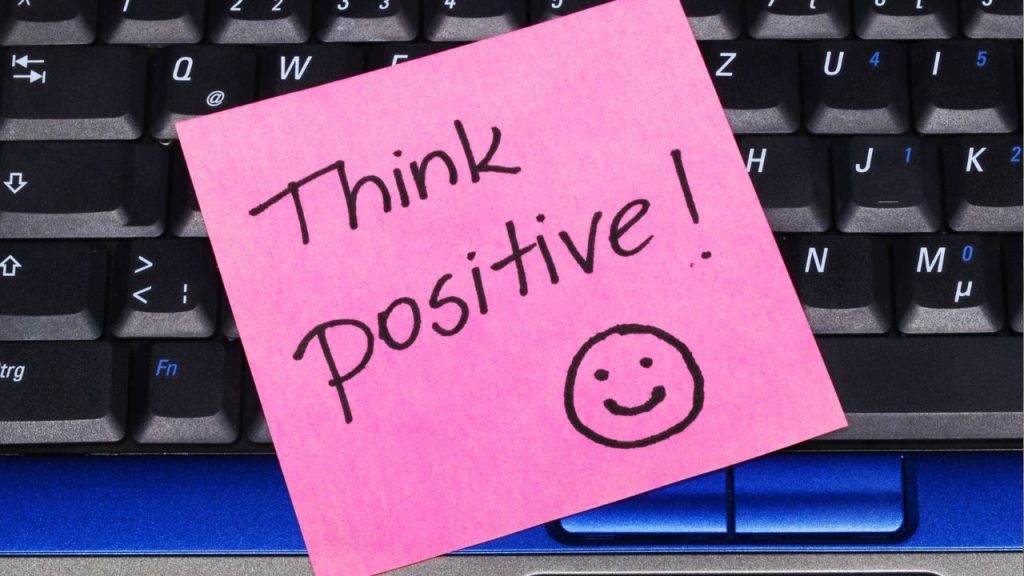
The roots of jealousy can be negative feelings towards yourself, someone else, or the friendship that exists. Deliberately trying to concentrate on the positives and not the negatives can make a very valuable emotional change.
Anger, fear and jealousy have negative emotions such as the apprehension of oneself but these thoughts can be imagined in better ways:
- Make a list of things that are good about you or that you have achieved.
- Make a list of things that you love, cherish and look up to in your friend.
- Analyzing the similarities with others and not the differences.
- Bringing back days when you had enjoyed the company of your friend.
- Bringing back the days when your friend took care of you.
7. Be Loving and Gentle with Yourself
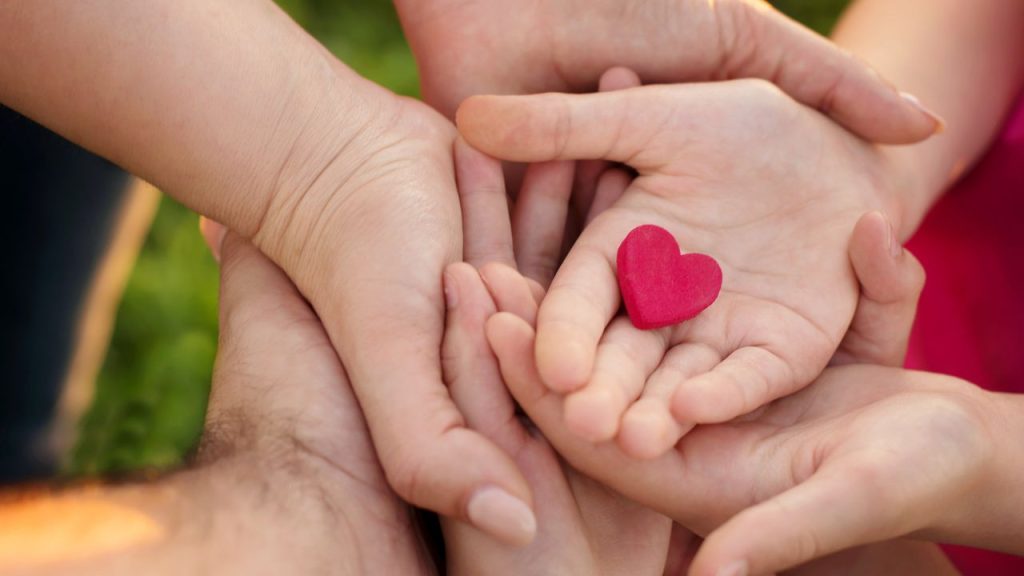
According to research, self-compassionate people feel jealousy less often, and they also suffer less from anxiety, depression, and other insecurities. Self-compassionate people are generally higher on self-worth and they also enjoy better relationships.
This is a very important form which we can all cultivate and practice through these simple strategies:
- Start becoming more conscious of and meeting your feelings, your wants and your needs.
- Not getting sucked into negative or self-deprecating inner dialogue and stewing in it for ages.
- Deliberately create time to nurture yourself and do nothing or things that you love doing.
- Focus less on mistakes and imperfections. Also, remind yourself that all people make mistakes.
- Be assertive and make it clear that such disrespect is unacceptable.
8. Focus on Self-Improvement
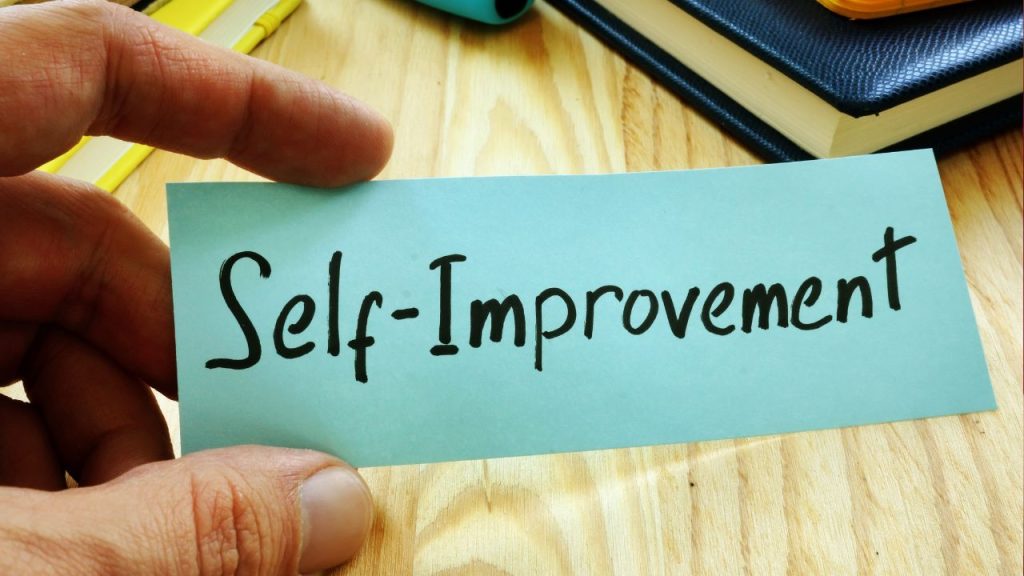
When you see a friend progress in life or achieve something new, and the only thing you feel is envy, that’s a sign you are not satisfied with yourself. If you had self-acceptance to a certain degree, it would make it almost impossible to be envious of a friend who has also put effort into something.
Jealousy can also reveal certain parts of you, or areas of your life, that need development. With effort and intention to improve key aspects of your life which influence your self-image and opinion of yourself, you can raise your self-esteem and make yourself less susceptible to jealousy.
You may like
Friendship Advice
10 Last Minute Farewell Gifts for Friends
Published
1 year agoon
December 3, 2024
As any of us who has been through this heart-wrenching experience will tell you it is not easy to say goodbye to one’s close friends. Bitter goodbyes can always be made easier if thoughtful farewell gifts for friends are given as tokens of love and friendship. Indeed, leaving something for the last minute may not be the best way to prepare, but there is never a shortage of ideas which are both practical and full of emotional value.
From a variety of products to numerous do-it-yourself ideas, there is something for your pals and situations. This guide discusses ten simple, cheap and nonetheless emotionally relevant farewell gifts for friends that would not call for much foresight but are quite memorable.
Memorable Farewell Gifts For Friends
Handwritten Letters or Cards

The most heartfelt gift that can be given to a friend apart from time is a personal letter. Nothing is more attractive than the written word. In your own words, recollect shared reminiscences, pecks, or defining moments of your friendship. Likewise, incorporate how your friend has altered your outlook to some extent as well as what you expect from their future in a more relaxed tone.
Written words are considered the most uncomplicated, yet valuable adornment because these words possess the potential of shaping the destiny of mankind, and when my friend looks back in time, it will be an invaluable blessing for him or her. Showing love and compassion is always better than any kind of money. Staying rich won’t help when there comes a day of separation.
Instant Photo Albums
A compact digital photo album is an innovative and value-oriented gift for any friend. Photographs are the best source of memories and now you can gift them in an album. It isn’t difficult anymore due to the growth of technology in today’s resolving environment. Other than the plain photographs, add those that mark passages of progression, and even “natural” pictures of you both.
Pictures speak a thousand words, so write short ones & interesting descriptions to give them character. It should become a striking reminder of the time spent and the bond developed over the years when the other person will capture the whole visually appealing narrative in their eyes either when looking at it afterwards or while showing it to someone else.
DIY Care Packages
DIY care packages are a great way to extend love and thoughtfulness through a well-thought-out combination of some small but thoughtful items. Modify the package to suit your friend’s taste by adding food, travel-related items, self-care products or anything that fits their character.
Putting it all together in a nicely decorated box helps, and the final touch is a note written by hand. Out of other friendly gift items, one can come across, a daycare package is convenient and quite personal. This is quite ingenious of letting your friend know how best you can care for them and how much you love them as you prepare them for their new adventure.
Subscription Services
People now enjoy gifting subscriptions rather than giving physical gifts. Subscription services are also a great option to consider when buying a farewell gift for a friend. If they enjoy cooking, watching their favourite show or listening to books, buy them a subscription to a meal kit, a streaming service, or even an audiobook.
Such subscriptions add value to the user and always remind them of the person who gifted them that subscription. This makes the gifting experience much more exciting. A gift like this is great for your friend because it will last long enough to help them enjoy themselves without the need to replace it.
A Plant with a Note

With every plant comes a note that, grows with me, in the case where a friend is leaving for a new place or switching jobs. Give them a potted plant as it signifies the longevity of the friendship and how supportive the bond is. Buy a hardy herb or succulent as they are much easier to take care of.
You can also include a meaningful message that is more metaphorical or even explains half the bond you share There is no denying that plants are beautiful gifts for everyone and are ideal for any occasion be it farewell or welcoming someone back home as they allow for a perfect memento of memories and great times.
Books with a Personal Message

Books are gifts that will always bring happiness and spark motivation which is why they make great parting presents to one’s friends. Choose a title which most relates to him or her IE a nice thriller, a comic book or an inspirational book.
To increase its meaning, inscribe a note about the book’s impression of you and your friendship on the inside cover, indicating the reason you bought that book. Such a subtle detail turns a dry book into a memento and establishes an eternal bond through the pages. Every time they pick it up, they will remember you and the memories you two have shared.
A Novelty Gift Card
In the beginning, gift cards would appear quite boring and lack the personality but in light of the right artwork, they can be quite stylish and unique. An easy way to go about this is ensuring that the card chosen is something that they will use, such as for their preferred coffee shop or a gifting book store.
To enhance the experience a little further, consider including a small gift such as a mug when gifting a coffee shop card, or a nice fancy bookmark for a bookstore voucher. A good card is one of the best parting gifts to friends because it not only gives them the freedom to choose what they want but it carries the heartfelt memories behind them gifting you the card in the first place.
Gift a Playlist
Sharing a playlist with someone can be a perfect gift if the recipient is a music enthusiast as there are a lot of memories and emotions attached to it – in the same way that music can evoke different emotions. Compose songs that have been jotted down from the fond memories shared in addition to a couple of forgotten jokes, some inside jokes, or theme songs from your favourite hangouts.
You could upload it on a digital platform or put it on a compact disk with the songs handwritten on a list. This gift is perfect for creating a nostalgic feeling of the good times you had with your friend.
Small Tokens with Big Meaning
The relationships that we have are often sparked or set on fire through the smallest of gestures. Whether it be a friendship bracelet, a small pocket charm or even a small note jar, such items seem quite simple but evoke powerful emotions without the need for a grand gesture.
Such simple tokens are not stressful to get or make but are very meaningful at the same time. When it comes to farewell gifts for friends, such souvenirs have earned their place due to their perfect perplexity and quiet significance. It’ll be a reminder of the moments you have shared every time your friend sees or uses the token.
Conclusion
It is good to ensure that farewell gifts for friends are never simple things but items that speak of love, appreciation and treasured moments passed. Special items such as hand-written letters, a customized piece, and an assembled collection of songs have shown that it is the thought that counts.
And even in cases where there is no time left, every miser has a dozen ideas to make his gift appropriate and impressive. Saying goodbye to your friend does not mean the end of your relationship and pleasing that gift, which separates you pardon the expression, will suffice.
Friendship Advice
10 Best Engagement Gifts for a Friend in 2024
Published
1 year agoon
December 2, 2024
Receiving an engagement gift from friends is a way to show appreciation for such an important occasion in their lives. Engagement gifts are not offered simply as gifts but are intended to express appreciation for the new phase in his or her life and the journey that is to come.
As time goes by, the age of buying gifts as mere items is gone and now what remains are gifts that are relevant, useful or even have a personal touch to tell the couple’s story. Whether it is something that they will keep for years or something that they will enjoy, rest assured there will be a gift for every type of couple.
Check the best 10 engagement gifts for a friend from our list and express your love for them the best way you can.
Top Engagement Gift for Friend
1. Personalised Jewelry
Let’s start with jewellery, which is the best gift for a couple! You can gift a jewellery set to the bride and cufflinks or a gold chain to the groom. You can also get it custom-made so that it will always remain in fashion. You can consider gifting a bracelet, a necklace, or a ring. The other party can always engrave a special date, name, or message on it making the gift more special.
2. Luxury Customized Candles
It’s much better to grab a candle as it’s associated with the scent of romance and a combination of both. This takes us to customizable candles which bear interesting scents or fragrances such as lavender for a cute scent or rose for a romantic touch. Do not forget, to remove the manufacturer’s label from your product, if you include that option.
3. Personalized Scrapbooks
Recording memories is something every couple wants to do. A beautifully designed photo album would meet this requirement nicely. We have the leather and the eco-friendly material. The text within the album has an indentation for comments to provide the reader with a plot and context.
4. High-End Kitchen Appliances
Currently, occupied couples have a lot of available options at hand in the form of coffee makers, multi-purpose air fryers and other sophisticated kitchen appliances. In this segment, the notable evolution in brand popularity is Breville and Ninja in 2024. Such gifts enhance the quality of life so they are always wise.
5. Couples’ Spa Vouchers

A spa appointment ensures that you are pampered before a romantic outing. Ideally, a spa would simulate such scores, and even provide a hydrotherapy room. There are also some of the more high-end spas where I have spent fondly some couple offers.
6. Engraved Champagne Flutes
One of the most relied upon custom-made champagne flutes would be a fitting engraving of one’s name coupled with their partner’s or their respective engagement dates. Guess I will also look for a flute with crystal or gold so that when that day comes, they can pop the champagne in style!
7. Smart Home Gadgets
Technology married couples have greatly embraced definitely offers extra comfort and eases the couple’s life courtesy of starting with virtual assistants including other creative devices like sophisticated smart thermostats with Nest and Alex in the R & D trying to perfect the same.
8. Handcrafted Home Decor
A Home decor item such as those crafted by a local Artisan through an Artisan centre is unique in its own way and has a certain i.e. bland cosiness for the most part. Consider niche products such as hand-woven rugs, hand-thrown crockery, and for that matter even a decorative piece, not forgetting that buying such a gift would allow you to support the local and overseas craftspersons from a distance.
9. Couple’s Subscription Boxes
Inter engagements might get tedious over some time but in this case, engagement and marriage wouldn’t be dull as well because of the much-anticipated subscription boxes that are packed with gourmet food items and many other things only to be set aside by overdue wine tours, travel essentials and a horde of books or book reading clubs as the case might be.
10. Adventure Getaway Package
For exploring lovers an adventurous journey is different and it will be cherished for instance if it would be hiking in the hills or a salvage dive while being stranded in forests moments in those areas are engraved to reinforce their relationship.
Conclusion
An engagement gift for a friend should reflect your thoughtfulness and their unique tastes. The most meaningful gifts will be useful or have great sentimental value while reminding that special couple of their fairytale together.
Be it a memorable memento, an experience they will never forget or an elegant piece of decor for their house, any ideal gift would surely bring charm to their engagement. With these 10 curated ideas, you can find an engagement gift for a friend that expresses your excitement for their journey while leaving a lasting impression they’ll cherish forever.
Friendship Advice
10 Thoughtful and Unique Wedding Gifts for Friends
Published
1 year agoon
December 1, 2024
Selecting the perfect wedding gift for a friend is an opportunity to celebrate their union in a meaningful way. While traditional gifts like toasters and blenders are common, choosing a wedding gift for a friend that is unique and thoughtful can leave a lasting impression.
Items, experiences, and crafts which would represent the wedding couple would display the level of friendship and consideration for each other. A carefully selected gift is a perfect tribute to their love story while serving as an invaluable heirloom further forging milestones that would remain unforgettable throughout one’s life.
1. Custom Artwork
A tailor-made painting can rank among the most exquisite and artistic wedding gifts. Having a portrait of the couple or what they hold dear crafted into artwork is without a doubt a great gift. An engagement portrait or an abstract piece that shows their connections are some good ideas to have in mind.
The beauty of this gift is that should it be executed perfectly, it will become a beautiful thing that they would want to see every single day. Custom illustrations can range from elegant watercolours to whimsical hand-drawn sketches which allow you to choose a portrait style that fits the couple.
2. Engraved Kitchenware
For people who love cooking or have an interest in the kitchen, engraved kitchenware is the best gift as it is functional and deeply personal to them. Cutting boards, wooden spoons, and serving trays all have a beautiful home in the kitchen and they are easily ‘engrave-able’ too.
The initials, names and the date of the couple’s marriage can always be in sight when the couple prepares food, allowing them to never forget their wedding day. Even simply cooking would feel romantic with a set of engraved utensils as a mere date or a couple’s love message can be inscribed on it.
3. Subscription Boxes
Subscription boxes are another interesting option, as they cover the couple’s interests but also allow for a continuous engagement plan so that they can receive gifts on a monthly or quarterly basis. It could be gourmet food, some books or home decorations, these services have everything and everything gets delivered right to your doorstep.
This way the couple is also reminded of their loved ones throughout the year which is also a great feeling. The best part about these boxes is finding a suitable one that goes hand in hand with the culture of the couple getting married.
4. Luxury Bedding Sets
High-end goods such as these will surely amplify the overall aesthetic factor and create a lavish appeal for a newlywed couple’s bedroom. The feel of cotton linen or silk sheets, and wand arm spherical colour patterns are the factors that make a bedroom look elegant.
On the other hand, even the colour of the sheets that the couple normally goes for is very important, be it neutral sheets or even bright ones. Investing in these resources will surely create an impact well after the couple gets married.
5. Personalized Wine or Whiskey Glasses
Personalized wine or whiskey glasses can be a wonderful, practical gift that never misses its mark. A couple will appreciate a custom engraving be it their names, a special date or a short saying. There is a wide variety of engraving styles too.
On this note, crystal tumblers or wine glasses would serve the couple well as the quality makes a difference in drinking. Home barware is beautifully customized to suit even the sophisticated interiors but what reigns supreme is its emotional value when the couple sips from it together.
6. Memory Book or Scrapbook
Every person has books full of their memories and pictures. A bride and groom typically do too, but when properly crafted into a scrapbook these stand out. If you are one of the relatives or friends who has seen the couple grow together for all this time, you would want to assist them in this project.
Furthermore, couples have a wide selection of pictures to mix with the book, such as pictures from their first date, engagement and their wedding day. Leave space for the couple to add their thoughts, making it a living document of their relationship. The scrapbook is a creative portrayal of their love that would be passed down through generations.
7. Adventurous Activities for the Couple
Instead of a tangible item, members of the family can assist the couple with planning the adventure and deserting the idea of having an experience together. Ranging from learning to make new foods to going on hiking trips or even an escape for the weekend, these opportunities are pretty much non-existent.
Going on adventure experiences helps couples relish new activities together thus strengthening their bond. Depending on the individual couple, go for things that interest them, for example, a wine tasting for the couple who loves to spend their dollars over luxuries or sky diving for the perfect popcorn. There is nothing more entertaining than giving an experienced gift as it allows you to have a cool, exciting and unforgettable trip rather than sticking to the old boxes.
8. Home Accent Decors
A set of sculptures, vases, candle stands or accent trays can also be included when giving out a gift as it allows you to purchase beautiful functional home pieces. Such ornamental pieces can be useful to assist in transforming the living area into a more sophisticated home for the couple.
Otherwise, when deciding over the home decorations with the couple in mind keep their traits in consideration whether they are sleekly minimalist, quirky vintage or maybe even clean modern. Such items are a great way and a few more items can also be included to subtly compliment their house and mark the beginning of their new life with enduring and impactful artifacts.
9. Custom Jewelry
Custom jewellery has become the ultimate gift that many appreciate because it is unique and custom-made. For instance, in one of the heartwarming moments that can be appreciated for a lifetime, think of gifting silver necklaces, bracelets or rings with deep meaning like an engraved word.
Such a gift will also be a priceless reminder of the time and love that accompanied such a gift. Custom jewellery that can be defined as elegant or simple to the more elaborate types that are attention-grabbing and make bold statements are sure to have something that meets their taste Custom Jewelry.
10. Eco-Friendly Gifts
In light of the current environmental issues faced globally, eco-friendly gifts will sound more appealing to all couples who care about the environment. Eco-friendly gifts are stunningly beautiful and very sophisticated. In this case, consider gifts that are focused on eco-friendliness such as organic cotton towels, bamboo kitchenware, or stainless steel and glass drinking bottles in place of plastic and paper ones.
Such gifts do more than just cut down on waste generated, it helps boost eco-friendly practices. Furthermore, such types of gifts are usually classic so that they will always have their worth and usefulness even after a long period. Giving a sustainable gift is one of the best ways to show how much you appreciate the couple and the world.
Conclusion
When selecting the perfect wedding gift for a friend, the key is to choose something that reflects the couple’s personality and your connection with them. For instance, personalized gifts such as the wedding date or location and other details serve as wonderful options for those who wish to stand out.
A wedding gift for a friend that is thoughtful and original can leave a lasting impression, ensuring that your gesture remains memorable for years. For many couples, these gifts hold a deep and emotional aspect as they believe it takes time to find and gift such items.
Latest
-

 Quotes and Captions1 year ago
Quotes and Captions1 year ago70+ Fake People Quotes in English
-

 Entertainment1 year ago
Entertainment1 year agoUpcoming Projects of Kate Beckinsale in 2024 and 2025
-

 Quotes and Captions1 year ago
Quotes and Captions1 year ago100+ Powerful Silence Quotes in English
-

 Friendship Advice1 year ago
Friendship Advice1 year ago9 Benefits of Social Media in Modern Friendships
-

 Entertainment1 year ago
Entertainment1 year agoTop 10 Gaming Creators on YouTube in India
-

 Entertainment1 year ago
Entertainment1 year agoList of Top 10 Most Subscribed Youtube Channels This Year
-

 Quotes and Captions1 year ago
Quotes and Captions1 year ago100+ Heart Touching Emotional Brother And Sister Quotes
-

 Entertainment1 year ago
Entertainment1 year agoWhat’s The Hype Around Samay Raina’s Show ‘India’s Got Latent’












